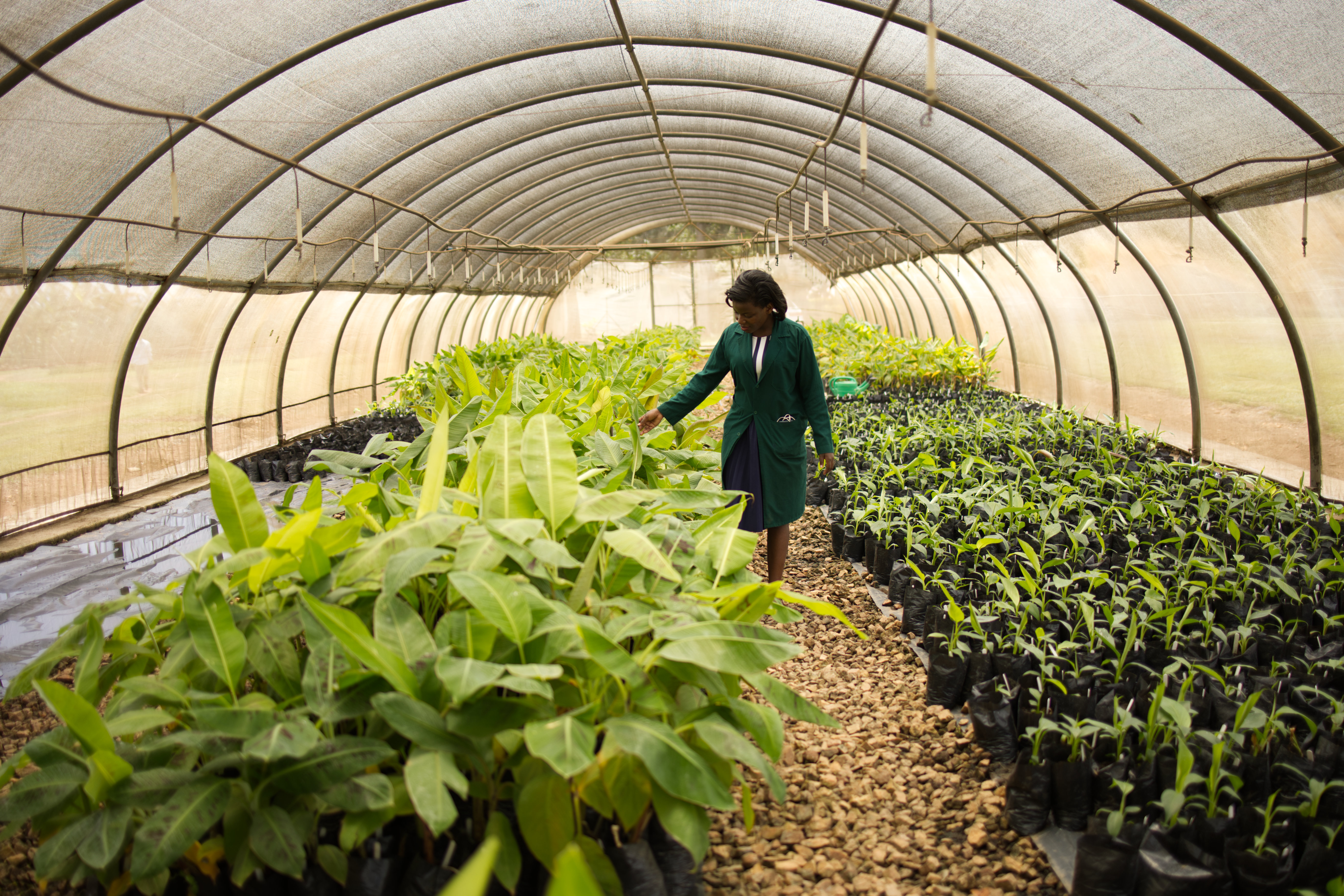
In a stride towards enhancing breeding modernization and supporting smallholder farmers, the Federal Ministry for Economic Cooperation and Development (BMZ) of Germany extended its substantial contribution to the Crops to End Hunger (CtEH) Initiative, to facilitate 14 breeding modernization projects in Sub-Saharan Africa and South Asia.
The funding is channelled through the Deutsche Gesellschaft für Internationale Zusammenarbeit (GIZ), an organization with a longstanding track record of promoting agricultural techniques that lead to transformative improvements within the agricultural sector.
Over $30 million-grant allocation is made through CtEH following a meticulous and transparent process that adhered to clearly predefined guidelines and criteria. Despite the high quality of many project proposals, the competitive nature of the grant allocation meant that only a select number could progress. This rigorous approach underscores the need for GIZ to allocate limited funds efficiently, thereby ensuring the greatest possible impact for smallholder farmers.
A substantial portion of the provided funds is earmarked for capital investments, including essential field machinery, innovative irrigation projects, and the establishment of greenhouses and screenhouses. The remaining funds will cover personnel expenses, supplies, travel, and capacity-building. This comprehensive funding strategy exemplifies GIZ's holistic approach to modernizing crop breeding practices while equipping farmers with the necessary tools for success.
Noteworthy within the grant allocation process is the emphasis on gender equity. An essential requirement stipulated that at least 50% of all trainees supported by the grants should be female. This condition was more readily met by breeding programs that have a higher representation of women in field roles. Promisingly, among the 14 selected proposals, seven featured women in prominent leadership positions.
Climate-conscious approaches also take center stage in these modernization projects, with all of them pledging to embrace eco-friendly solutions, such as solar panels, and methods aimed at reducing or optimizing water usage. This integration of renewable energy sources underscores GIZ's commitment to sustainable breeding practices that not only enhance food security but also contribute to environmental preservation.
GIZ attaches great importance to collaborative and harmonious project implementation. Groundwork is underway in various countries to ensure that these initiatives synergize and reinforce each other, leading to a more comprehensive and impactful transformation of breeding programs.
In a world where sustainable and efficient crop breeding is of paramount importance, GIZ's contribution through CtEH grants signals a resounding commitment to empowering smallholder farmers and bolstering crop breeding modernization. As these projects continue to unfold, they are poised to make a lasting difference in the lives of farmers and contribute to the advancement of agriculture globally.
-----
“Crops to End Hunger (CtEH)” is a multi-funder initiative that aims to accelerate and modernize the development, delivery and wide-scale use of new crop varieties that are better adapted to climate change and that address gender equity, nutrition, food security and poverty. We extend our heartfelt appreciation to all the generous supporters of this initiative, with special recognition to GIZ. We also express our gratitude to the CGIAR research funders for their invaluable contributions to the CGIAR Trust Fund. Credit: Jjumba Martin, EiB/CGIAR.